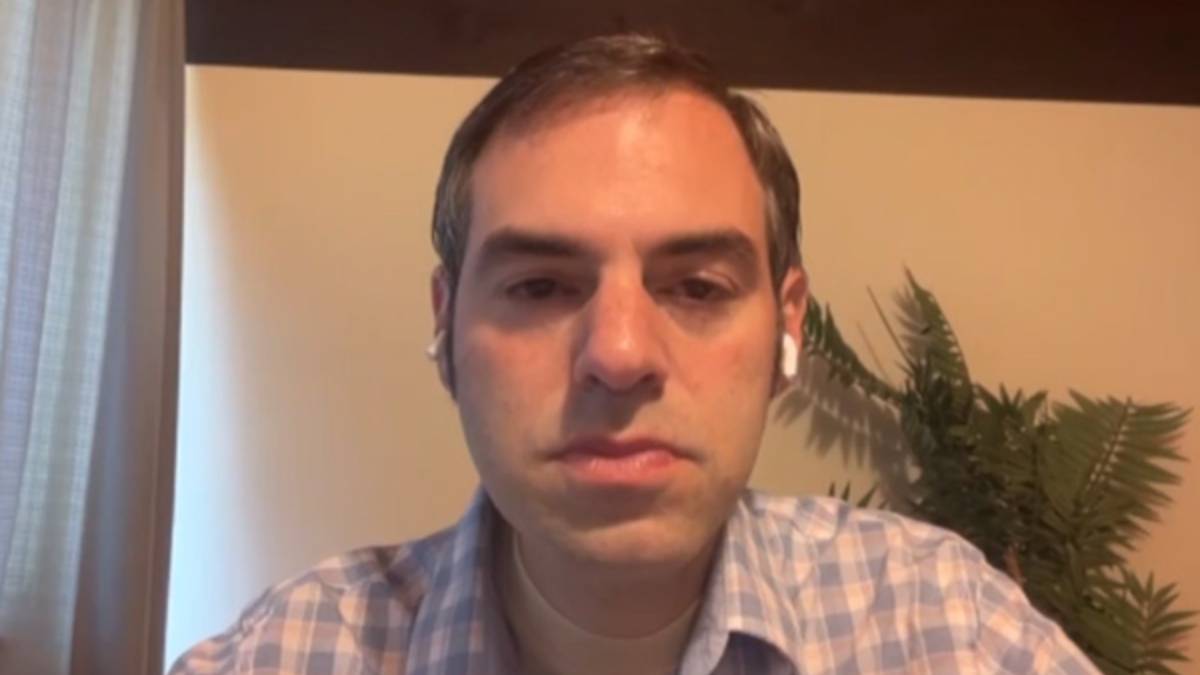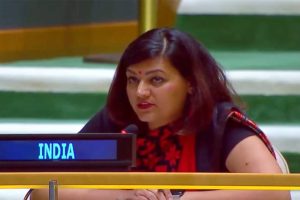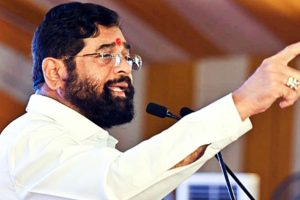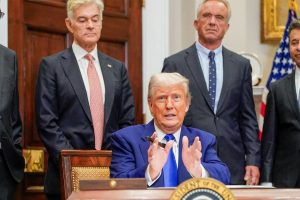Michael Kugelman, a prominent U.S.-based foreign policy analyst specializing in South Asia, has said that former President Donald Trump’s latest remarks on the Kashmir issue go significantly further than his earlier mediation offers during his first term in office.
In an interview with ANI, Kugelman noted that Trump’s recent comments appear to be an open-ended offer to mediate between India and Pakistan, without the prior condition that both sides must agree. “It’s definitely very significant. In my view, it goes further than previous statements that Trump has made about Kashmir,” said Kugelman. “Previously, he had indicated on two occasions that he would be happy to mediate only if both sides agreed, but this time, it seems more assertive.”
Kugelman pointed out that Trump’s remarks came even though the recent crisis between India and Pakistan—sparked by the April 22 terror attack in Pahalgam—was not directly about Kashmir. “The terrorist attack happened in Kashmir, but the broader crisis involves several other factors. It’s curious why Trump chose to raise Kashmir now,” he said.
He also underlined that nuclear escalation fears have made the situation more volatile. “The level of conventional military hostilities had risen significantly, and given that both nations possess nuclear weapons, it naturally triggered international concerns about escalation,” Kugelman explained. However, he clarified that there was no indication that either side was actively considering the use of nuclear arms.
Kugelman criticized Pakistan’s repeated efforts to internationalize the Kashmir issue by invoking the nuclear threat, stating, “It’s not unusual to hear Pakistan boast about its nuclear capabilities as a way to get global attention and pressure India. This has been a consistent tactic.”
According to Kugelman, these tactics were effective in drawing in high-level U.S. engagement. “It worked, at least in part. U.S. Vice President JD Vance and Secretary of State Marco Rubio were both pulled into the situation out of concern for potential escalation,” he said.
Amid rising tensions, Indian External Affairs Minister S. Jaishankar held a conversation with U.S. Secretary of State Marco Rubio on May 1, making it clear that India will take decisive action against terrorists operating from Pakistani soil. This followed the deadly terror attack in Pahalgam that reignited hostilities.
Kugelman’s remarks underscore the complexity of the India-Pakistan conflict and the shifting tone of international involvement, particularly from the U.S., as the region faces renewed instability.





